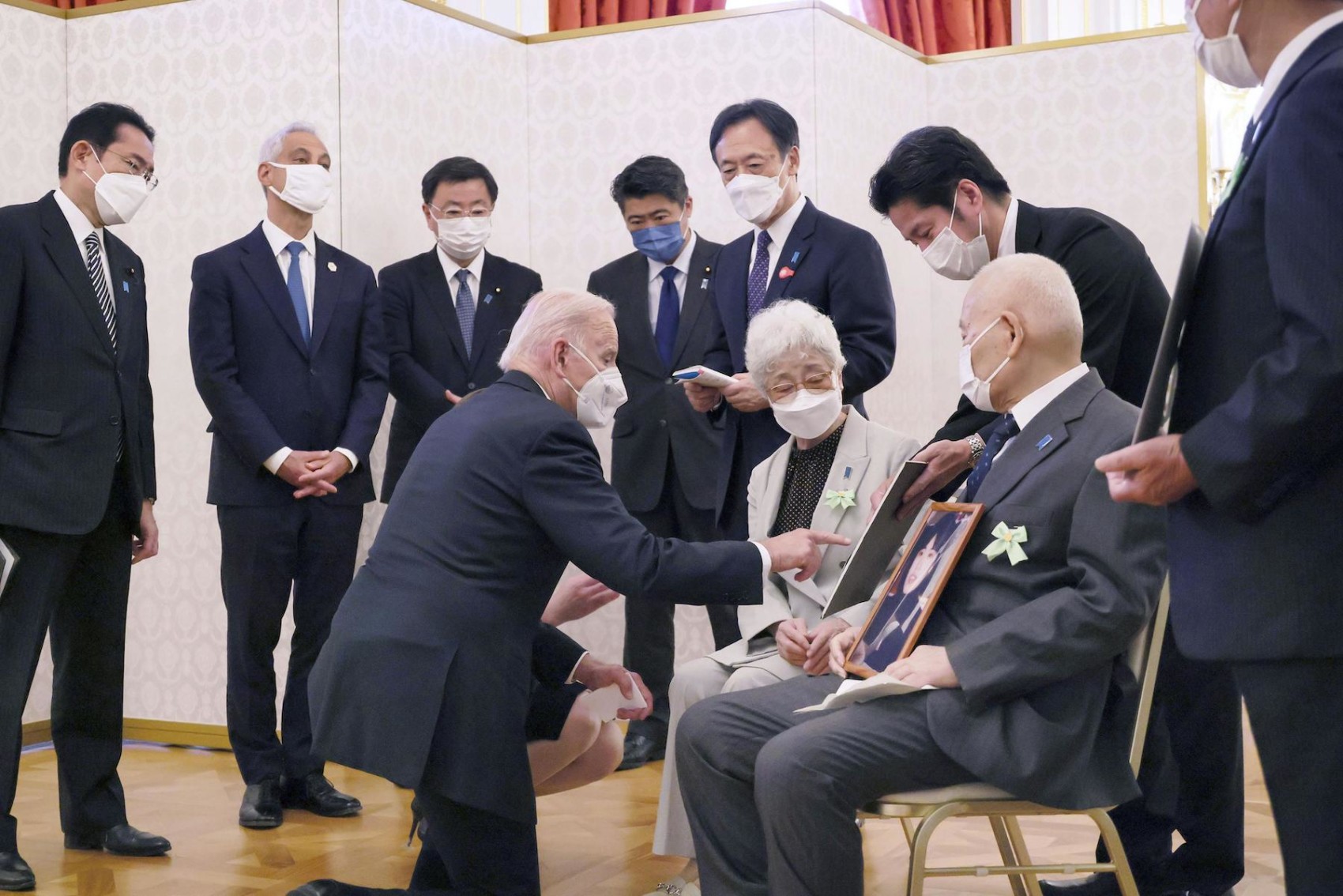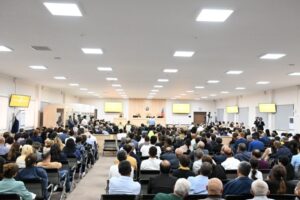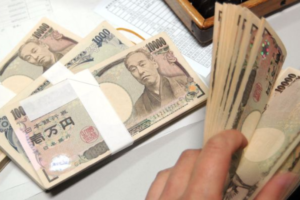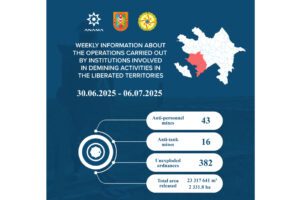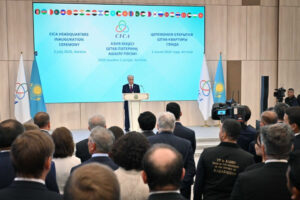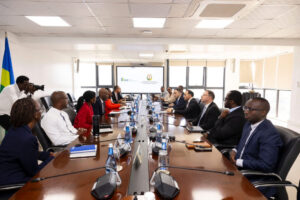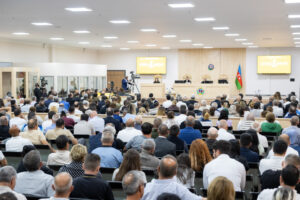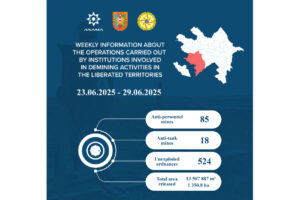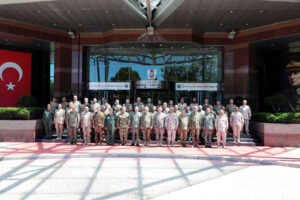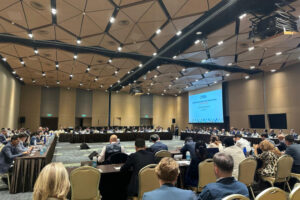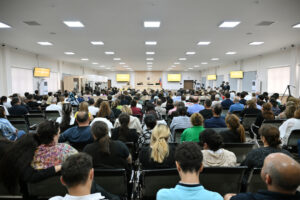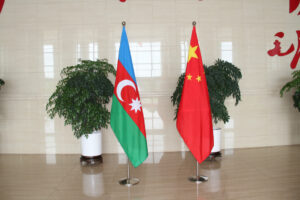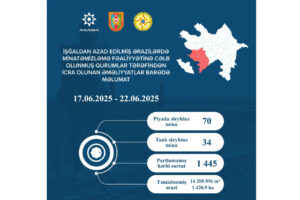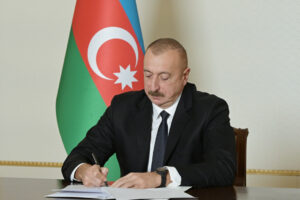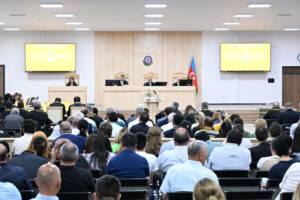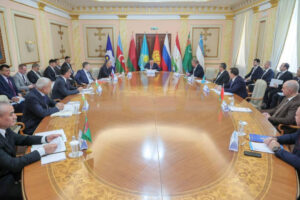Tokyo, 24 May, /AJMEDIA/
Quad summit seeks free Indo-Pacific amid Russia’s invasion of Ukraine
TOKYO – The leaders of Japan, the United States, Australia and India will meet in Tokyo on Tuesday to reaffirm their commitment to a “free and open Indo-Pacific,” as Russia’s war in Ukraine reinforces the need to prevent a similar situation from occurring in the region.
The in-person Quad summit will be the second of its kind and the first hosted by Japan — a country increasingly challenged by China’s assertive behavior, North Korea’s nuclear and missile threats and a long-running territorial dispute with Russia.
———-
FOCUS: Businesses rattled by Japan’s reluctance to welcome foreign tourists
TOKYO – Japanese business circles, particularly those in the tourism sector, are unsettled by what appears to be overly cautious government policy toward resuming tourism from abroad as the Asian country’s economy struggles to recover from the coronavirus pandemic.
Japan is set to further ease COVID-19 border controls by doubling the cap on overseas arrivals to 20,000 people per day starting in June, following Prime Minister Fumio Kishida’s remarks earlier this month that the country will relax restrictions on par with other Group of Seven countries.
———-
Kishida, Biden to boost alliance as Ukraine war fans China worries
TOKYO – Japanese Prime Minister Fumio Kishida and U.S. President Joe Biden agreed Monday to boost the strength and deterrence of their nations’ alliance amid growing concern that Russia’s war in Ukraine could embolden China to take further assertive behaviors over Taiwan and other potential flashpoints in the Indo-Pacific region.
Following their first in-person, sit-down meeting in Tokyo, Kishida said at a joint press conference the two leaders “reaffirmed that any attempt to change the status quo by force is absolutely impermissible, regardless of the location,” and that they oppose such attempts in the East China Sea, including the Japanese-controlled Senkaku Islands, and the disputed South China Sea.
———-
U.S. committed to defense of Taiwan in event of China invasion: Biden
TOKYO – The United States is committed to defending Taiwan if China attempts to seize the self-ruled island by force, President Joe Biden said Monday, in what seemed to be a shift from Washington’s long-standing policy of keeping its stance ambiguous.
Such a position, which Biden has expressed in the past, was made clear as the U.S. president was visiting Asia for the first time since taking office, possibly meant to deliver a strong warning to China’s increasing pressure on the democratic island.
———-
Malaysia PM visits Japan to deepen ties based on “Look East” policy
KUALA LUMPUR – Malaysian Prime Minister Ismail Sabri Yaakob paid a six-day visit to Japan from Monday to deepen bilateral ties, as their countries commemorate the 40th anniversary of his country’s “Look East” policy modeled after Japan’s economic development and work ethic.
Ismail Sabri is scheduled to hold talks on Friday with his Japanese counterpart Fumio Kishida, with the “Look East” policy as well as post-COVID-19 cooperation high on the agenda, the Malaysian Foreign Ministry said in a statement.
———-
Japan plastics firm charged over alleged bribes to Vietnam officials
TOKYO – A Tokyo-based plastic products manufacturer, its former president and two others were charged Monday with allegedly paying bribes to Vietnamese government officials totaling about 23.6 million yen ($185,000) to avoid large sums of additional taxes and fines.
In addition to charging Tenma Corp., Tokyo prosecutors indicted Kaneto Fujino, the company’s 69-year-old former president, Tsutomu Hosogoe, 57, the then executive officer and general manager of the corporate planning department, and Haruhiko Yoshida, 51, the president of the company’s Vietnamese subsidiary at the time.
———-
U.S. launches Indo-Pacific economic framework to push back China
TOKYO – U.S. President Joe Biden on Monday launched an Indo-Pacific economic initiative joined by a dozen countries including Japan, setting the stage for deeper engagement in the fast-growing region where China is expanding its clout.
The Indo-Pacific economic framework, or IPEF, is touted by the United States as a “21st-century economic arrangement” that will tackle new challenges ranging from setting standards for the digital economy, ensuring secure supply chains and helping make major investments for clean energy transition.

